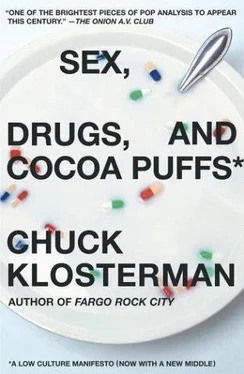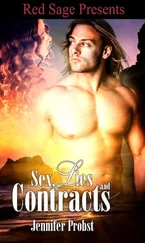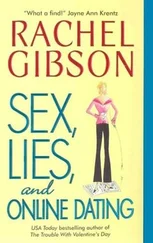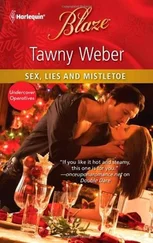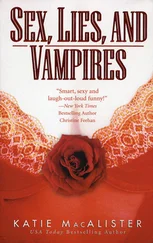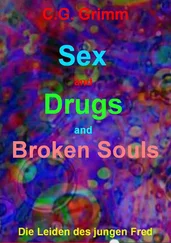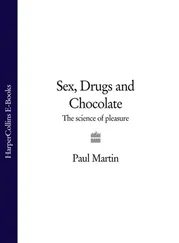Now, I realize there is some precedent for this kind of disconnect: Trekkies generally have no problem with the USS Enterprise moving at seven times the speed of light, but they roll their eyes in disgust if Spock acts a little too jovial. Within any drama, we all concede certain unbelievable parameters, assuming specific aspects of the story don’t go outside the presupposed reality. But I think Joel’s take on Saved by the Bell is different than the usual contradiction. What it made me realize is that people like Joel (and like me, I suppose) were drawn to this unentertaining show because we felt like we knew what was going to happen next. Understanding Saved by the Bell meant you understood what was supposed to define the ultrasimplistic, hyperstereotypical high school experience—and understanding that formula meant you realized what was (supposedly) important about growing up. It’s like I said before: Important things are inevitably cliché. Zack’s relationship with Belding—and his niece—was just too creative, and bad television is supposed to be reassuring. Nobody needs it to be interesting.
Take a show like M*A*S*H, for instance. M*A*S*H consciously aspired to be “good television.” Its goal was to be intellectually provoking (particularly over its final four seasons), so almost every plot hinged on a twist: The North Korean POW was actually more ethical then the South Korean soldier, Colonel Potter’s visiting war buddy was actually corrupt, a much-decorated sergeant was actually killing off his black platoon members on purpose, etc., etc., etc. The first ten minutes of every M*A*S*H episode set strict conditions; the next twenty minutes would illustrate how life is not always as it seems. [50] 3. In fact, M*A*S*H followed this template so consistently that these twists ultimately became completely predictable; whenever I watch M*A*S*H reruns, I immediately assume every guest star is a flawed hypocrite who fails to understand the horror of televised war. It should also be noted that there is one Saved by the Bell script that borrows this formula: When beloved pop singer Jonny Dakota comes to Bayside High to film an antidrug video, we quickly learn that he is actually a drug addict, although that realization is foreshadowed by the fact that Jonny is vaguely rude.
This—in theory—is clever, and it’s supposed to teach us something we don’t know. Meanwhile, Saved by the Bell did the opposite. The first ten minutes of every episode put a character (usually Zack) in a position where he or she was tempted to do something that was obviously wrong, and their friends would warn them that this was a mistake. Then they would do it anyway, learn a lesson, and admit that everyone was right all along. Saved by the Bell wasn’t ironic in the contemporary sense (i.e., detached and sardonic), and it wasn’t even ironic in the literal sense (the intentions and themes of the story never contradicted what they stated ostensibly). You never learned anything, and you weren’t supposed to.
Take the episode from the gang’s senior year, where they went to a toga party hosted by a bloated jock nicknamed Ox. They all get drunk, but Zack claims to be able to drive Lisa’s car home. [51] 4. It’s been several years since I’ve seen this episode, but what I particularly remember about it is that—while intoxicated—all the kids sing a song in the car…and in my memory, the song they sing is Sweet’s “Fox on the Run.” However, that just can’t be. It was probably something like “Help Me Rhonda.”
Before they climb into the vehicle, they all note how this is dangerous, because Zack might wreck the car. And (of course) he does just that. Obviously, NBC would claim this was a “message” episode, and it was supposed to show teenagers that alcohol and the highway are a deadly combination. But there’s really no way anyone would learn anything from Zack’s booze cruising. There’s no kid in America who doesn’t know that drinking and driving is dangerous, and there’s no way that you could argue Saved by the Bell made this sentiment any more “in your face” than when Stevie Wonder sang “Don’t Drive Drunk.” It served no educational purpose, and it served no artistic purpose. But what it did was reestablish everyone’s moral reality. If Saved by the Bell was a clichéd, uncreative teen sitcom (and I think we would all agree that it was), it needed to deliver the clichéd, uncreative plot: If these kids drink and drive, they will have to have a bad accident—but no one will actually die, because we all deserve a second chance. As I watched that particular episode in college, I took satisfaction in knowing that American morality was still basically the same as it had been when I was thirteen years old. It proved I still understood how the mainstream, knee-jerk populace looked at life, even though my personal paradigm no longer fit those standards.
Saved by the Bell was well-suited for conventional moralizing, because none of the characters had multifaceted ethics (or even situational ethics). Every decision they made was generated by whatever the audience would expect them to do; it was almost like the people watching the show wrote the dialogue. This was damaging to the Saved by the Bell actors, all of whom went to ridiculous lengths to avoid being typecast as their TV identities once the show ended. Berkley was the most adamant about her reinvention, taking the lead role in the soft-porn box-office failure Showgirls, which even her costars couldn’t fathom. “I wouldn’t see why you’d want to go so far afield to change your image that you’d take a role so demanding or drastic as that,” said a remarkably candid Screech in an 2002 interview with The Onion A.V. Club . “It pretty much was just the exploitation of a Saturday-morning icon, I feel. I don’t think that the movie had any more substance than, ‘Hey, we should go check it out to see the girl from Saved by the Bell naked!’ That’s pretty much what everyone went to the theater to see.”
Yet Berkley was not alone; she was merely the only one who exposed her nipples. Thiessen elected to become the new Shannen Doherty on Beverly Hills, 90210 and smoked pot in her very first episode. Lopez portrayed a homosexual as the star of Breaking the Surface: The Greg Louganis Story . Diamond started a prog rock band (!) who call themselves Salty the Pocket Knife. Gosselaar may have actually made the most disturbing transition, as he dyed his hair black and joined the cast of NYPD Blue, one of the most serious police dramas on TV; he essentially became an altogether different person. Only Lark Voorhies moved in a “logical” direction, taking a role on the soap opera The Bold and the Beautiful .
I’m not sure what all that signifies, really. I suppose it just proves how trapped these people must have felt, although some of that is clearly their own fault; Zack, Slater, Screech, and Kelly all appeared in the lone season of Saved by the Bell: The College Years, and Screech played a faculty member for most of the seven-season run of Saved by the Bell: The New Class . Those latter two shows—neither of which I watched consistently—made for a comfortable transition of loss: I saw the Saved by the Bell characters constantly, then periodically, and then not at all. It was actually a lot like my relationship with the friends from college who used to watch the show with me; I once saw guys like Joel constantly, then periodically, and then never. Which brings me to the aforementioned “Tori Paradox,” a desperate move by the Saved by the Bell producers that accidentally became the program’s most realistic avenue (and probably the clearest example of how there’s nothing more true than a cliché).
Читать дальше
